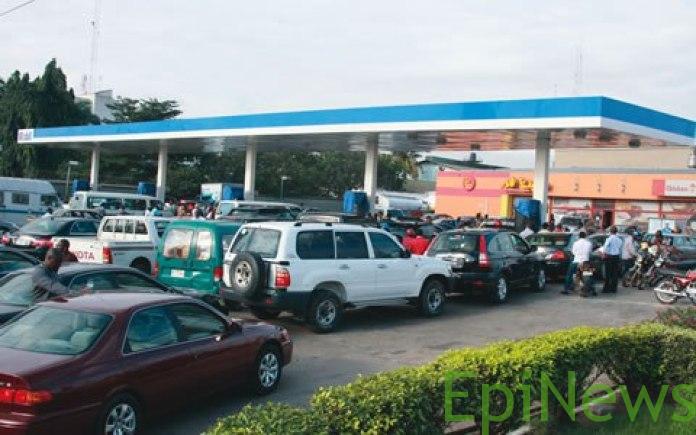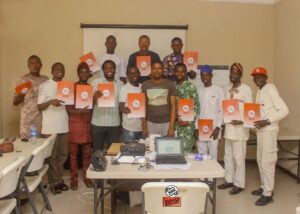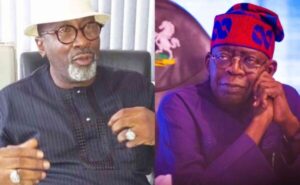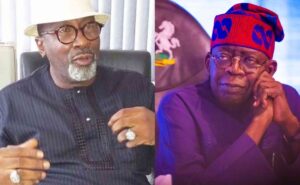The Federal Government is expected to spend N750.81bn on petrol subsidy in 2020, latest data from the Petroleum Products Pricing Regulatory Agency have shown.
For more than two years, the Nigerian National Petroleum Corporation has shouldered petrol subsidy’s spending on behalf of the Federal Government.
It was observed from the PPPRA’s data obtained on Tuesday that the N750.81bn was N300.81bn higher than the N450bn which the Minister of Finance, Zainab Ahmed, recently said had been approved for subsidy in 2020.
The minister had during the public presentation of the 2020 budget details stated that a provision of N450bn had been made for ‘under-recovery’ of cost in respect of the importation of the Premium Motor Spirit, popularly called petrol.
According to her, this cost will be borne by the NNPC as part of its operations cost as currently being practised.
“A provision has been made in the budget for under-recovery for the PMS in the sum of N450bn provided in the fiscal framework. It is under-recovery because it is a cost operation for the NNPC,” Ahmed had said.
But figures obtained by newsmen in Abuja from the PPPRA pricing template for petrol showed that the Expected Open Market Price for the commodity hovered between N165 and N178 per litre in the months of November and December 2019.
Operators stated that the fluctuation in the EOMP of petrol was due to the instability in the international price of crude oil.
The Organisation of Petroleum Exporting Countries and its allies have been working hard to ensure that crude oil price does not slip below the $60 per barrel price, which it has maintained for several months.
Taking randomly selected days from the PMS pricing templates of the PPPRA, for instance, the EOMPs for petrol on December 5, 4, 3 and 2 were N171.12/litre, N170.36/litre, N165.98/litre and N166.44/litre respectively.
On November 29, 25 and 21, also selected randomly, the EOMPs for petrol were N169.48/litre, N178.92/litre and N172.81/litre respectively.
Further findings showed that the ex-depot price for collection of petrol from the NNPC, which is the sole importer of the commodity into the country currently, remained at N133.28/litre.
The difference between the EOMP and the ex-depot price for collection of petrol for the selected days showed that the NNPC had been spending an average of about N37.4 on every litre of petrol consumed in Nigeria.
The national oil firm puts the daily consumption of petrol in Nigeria at about 55 million litres.
When this is multiplied by the 365 days in 2020 and at an average subsidy spending of N37.4 on every litre of petrol, the NNPC would be incurring a total of about N750.81bn as petrol subsidy by next year.
Commenting on the development, the Chief Executive Officer and Executive Secretary, Major Oil Marketers Association of Nigeria, Mr Clement Isong, described the subsidy on petrol as a drag on the downstream sector of the nation’s oil and gas industry.
MOMAN comprises Total Nigeria Plc, Forte Oil Plc, OVH Energy Limited (an Oando licensee), MRS Oil Nigeria Plc, Conoil Plc and 11Plc (formerly Mobil Oil Nigeria Plc).
Isong said, “We have no idea as to what subsidy spending is as of today. We are, therefore, unable to make any comment on whether it is going up or down.
“We are consistent in our view that the subsidy payment or subsidy in the petroleum downstream sector degrades operational efficiency and economics of the downstream sector. We don’t think it is good for the industry as a whole. The industry is fraught with malpractices throughout the supply chain and needs improved governance and transparency.”
He reiterated the need for full deregulation, saying, “We think it is only deregulation that can help us clean up the industry and bring back efficiency.”
The head of another umbrella body for marketers, who spoke to a news correspondent condition of anonymity, said the association had continued to decry the continued government’s spending on petrol subsidy.
He said, “The money spent on subsidy is better spent on critical infrastructure such as roads. Petrol is being subsidised for the elite, not the common man. Let the price of petrol be determined by market forces.
“The government does not want to listen to marketers. Every effort that has been made has been thwarted because government does not have the willpower to confront the bull. But whether we like it or not, it is a bull we must confront sooner or later.”
Also, the Petroleum and Natural Gas Senior Staff Association of Nigeria said the Federal Government should work towards revamping Nigeria’s refineries instead of spending massively on petrol subsidy.
The association’s spokesperson, Fortune Obi, told one of our correspondents that PENGASSAN had always made its position clear on this matter.
He said, “PENGASSAN has always called on the government of the day to ensure that our refineries are functioning optimally. That humungous amount that is to be used for subsidy should be invested in our refineries to give us the quantity of petroleum products we need.
“You can’t be subsidising forever. The main solution is to remove subsidy and make the refineries functional. Government should not be spending such humungous amount to subsidise products.”
PENGASSAN urged the government to adopt the template used in the Nigeria Liquified Natural Gas company, adding that the NLNG had been declaring profits and providing gas massively.
“Bring in investors; let them take it as a commercial business. They should focus on profit drive for the refineries and not that every year we will be planning humungous amounts as subsidy,” Obi said.
Also when contacted, a senior official of the NNPC told The PUNCH that the chief financial officer of the oil firm might be asked to speak publicly on the issue of petrol subsidy soon.
The official, who spoke on condition of anonymity, said, “We are thinking of getting our chief financial officer to speak generally on this matter.
“And you know the NNPC now puts all our reports in the public space, both financial and operations reports. That has been an answer to all enquiries that may come to anybody’s mind in terms of further clarifications.”






